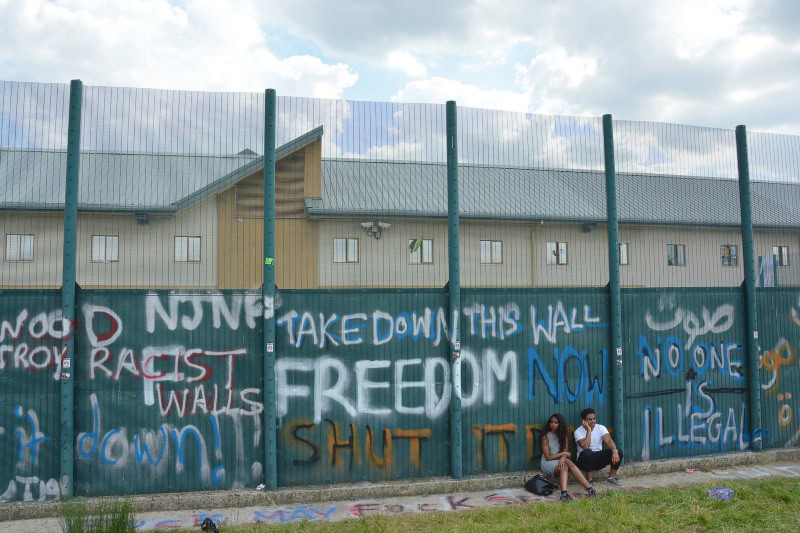
Britain refuses thousands of LGBTIQ asylum claims

The UK Home Office has refused at least 3,100 asylum claims from people identifying as LGBTIQ, from countries where same-sex acts are criminalised, it has emerged.
According to an analysis by British Liberal Democrats of figures released by the Home Office, at least 1,197 Pakistanis were refused asylum after claiming protection on the grounds of sexual orientation between 2016-2018.
The record-breaking number of LGBTIQ Pakistanis claiming asylum in the UK made Pakistani citizens the highest numbers of such claimants from any country in that period.
Bangladesh is second highest with 640 LGBTIQ Bangladeshis claiming asylum, followed by 389 from Nigeria. All had their claims refused during the 2016-2018 period.
Asylum applications on the grounds of sexual orientation were also refused for nationals of Uganda (145), Ghana (144), Cameroon (136) and Iran (124), as well as Jamaica, Malaysia and Iraq.
Most of these claims are made by applicants in the UK who claim they are in same-sex relationships and would face prosecution if they return to their home country. Consequently, they seek protection to remain in the UK.
The UK Liberal Democrats spokesperson for Home Affairs, Christine Jardine, told The Guardian the current conservative government is failing to uphold human rights and that a culture of Home Office “disbelief” is to blame for people being sent back to countries where they face persecution.
“This Conservative government is letting down every LGBT+ person and every individual in this country who cares about human rights,” she said.
“We should be leading the campaign across the world against homophobia and transphobia. Instead, we have a government that is turning its back and looking the other way.
“These figures are a disturbing reminder that this Conservative government is failing to stand up for LGBT+ rights by refusing asylum to more than 1,000 people a year who face prosecution at home simply for who they are.”
In Pakistan, gay sex or ‘carnal intercourse against the order of nature’, is punishable with life imprisonment and human rights. Amnesty International reports that Pakistani transgender people continued to suffer harassment and violent attacks.
Amnesty also reports that Bangladeshi “LGBTI activists continued to be routinely harassed and subject to arbitrary detention by state and non-state actors”.
In Nigeria, homosexual acts are punishable with up to 14 years in prison, with displays of same-sex affection also being completely outlawed.
When asked about the implications behind the thousands of refusals, a UK Home Office spokesperson said: “Individuals are only returned to their country of origin when the Home Office and courts deem it is safe to do so.
“The UK has a proud record of providing protection to those fleeing persecution. Over 12 months, we gave protection to more than 18,500 people, the highest number since 2003.”
Australia’s current detention policies mirror the UK’s treatment of LGBTIQ asylum seekers, where off-shore detention centres are located in Papua New Guinea and Nauru, nations that consider homosexual sex as either a criminal act or socially unacceptable.
Mike Pezzullo, the former Secretary of the Department of Immigration and Border Protection, told a Senate estimates hearing in October 2016 that it was “no concern” of Australia’s that LGBTIQ refugees were being detained in Papua New Guinea, where same-sex acts between men are punishable with up to 14 years’ imprisonment.
Mirroring the UK Home Office approach, Pezzullo said the Australian government wasn’t obligated to investigate whether same-sex attracted refugees faced persecution in Papua New Guinea
“We have enough on our plate,” he said.









